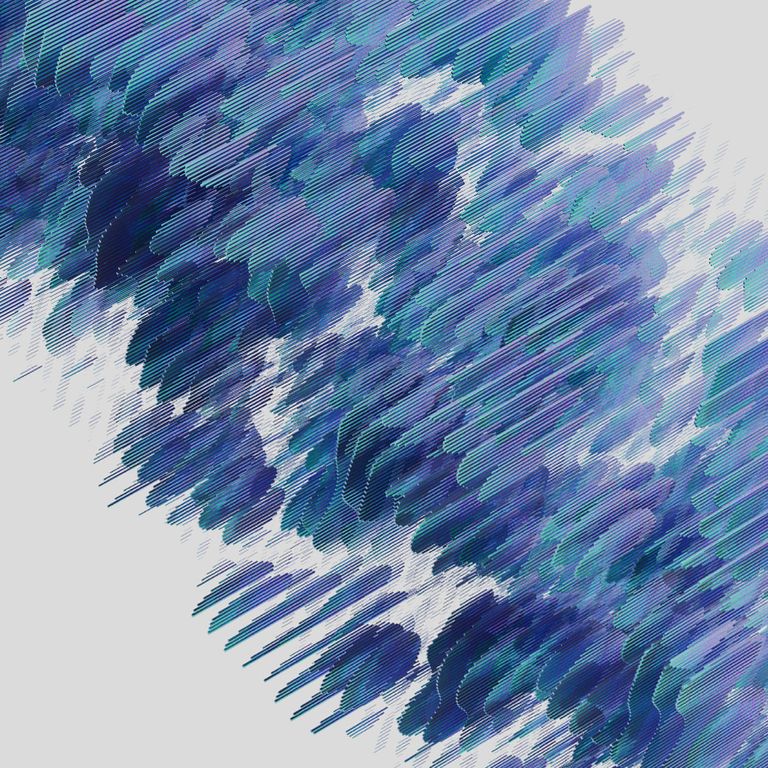Research
We study behavioural, neural, and psychological dynamics in healthy subjects as well as a host of psychiatric disorders with a focus on Major Depression. To do this, we use and develop tools within the framework of network control theory and machine learning.

Symptom Trajectories in Major Depression
Symptom fluctuation is one hallmark of major depression. However, a principled, quantitative framework explaining when and how symptoms changes remains elusive. Following a complex systems perspective, we model the longitudinal multivariate multi-stable patterns of symptoms across patients with the aim to predict the upcoming episodes and quantify the psychological factors that precede such inflections and the effect of interventions.
Our recent results:
Hahn, T., Jamalabadi, H., Nozari, E., Winter, N. R., Ernsting, J., Gruber, M., ... & Repple, J. (2021). Towards a Network Control Theory of Electroconvulsive Therapy Response. arXiv preprint arXiv:2112.07408.
Neural Dynamical Systems
A growing body of work has addressed the interrelation of structural and functional connectivity to individual behavioral and psychological states and how we can understand these interrelations using network control theory. In our lab, we study the brain dynamics within this framework, build combined neural-symptom networks, and study their dynamical properties (e.g., controllability, optimal transition pathways, etc.).
Our recent results:
Jamalabadi, H., Hahn, T., Winter, N. R., Ernsting, J., Meinert, S., Leehr, E., ... & Derntl, B. (2022). Interrelated effects of age and parenthood on whole-brain controllability: protective effects of parenthood in mothers. bioRxiv.

Photo by DeepMind

Photo by Nastya Dulhiier
Neural Stimulation
Several neural stimulation techniques are being used daily to reduce psychological symptoms and to understand the brain dynamics. Despite their effectiveness, large interindividual variability exists and understanding their underlying mechanisms is not fully understood, impleading exploitation of the full potential of these interventions. In our lab, we use computational approaches and neuroimaging to study both aspects and to inform the stimulation parameters that maximize effect sizes on an individual levels.
Our recent results:
Hahn, T., Jamalabadi, H., Nozari, E., Winter, N. R., Ernsting, J., Gruber, M., ... & Repple, J. (2021). Towards a Network Control Theory of Electroconvulsive Therapy Response. arXiv preprint arXiv:2112.07408.
Additional Resources
Here, we share some of the most inspiring papers, talks, and datasets that we find on internet.
A unique piece on how psychiatric disorders can be conceptualised as networks of evolving and reinforcing symptoms
A seminal work on informing neurosciences and especially neuroimaging by the theory of control
An inspiring paper on the significance of formal theory in psychological research
Mathematical modeling in terms of equations is a critical step in understanding a phenomenon. This paper discusses a data-driven approach to derive those equations in any context.
